Expressing gratitude for caregiving support is a heartfelt gesture that can strengthen relationships and show appreciation for the compassionate efforts made by caregivers. Whether it's a friend, family member, or professional caregiver, acknowledging their hard work can make a significant impact. A well-crafted letter not only conveys your deep appreciation but also highlights the importance of their role in your life. So, let's dive into the art of writing a thank-you letter that resonates with warmth and sincerityâread on to discover how you can express your gratitude effectively!
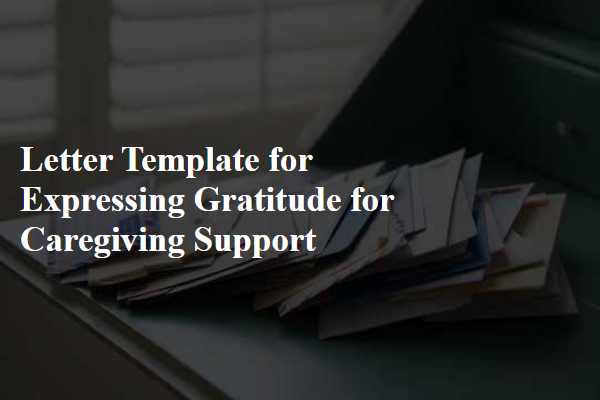
Personalization and specific details
Gratitude for caregiving support can be deeply felt and expressed through personal connections. Caregivers, often family members or friends, play critical roles in providing physical, emotional, and psychological support during challenging times, such as illness recovery or personal crises. Specific examples of their kindness may include daily tasks such as meal preparation, medication management, or just being present for companionship. Acknowledging particular instances, like a caregiver staying late to ensure comfort or organizing a support system, can enhance the heartfelt nature of appreciation. Additionally, recognizing their sacrifices, such as time spent away from their own lives or the emotional toll taken, can further emphasize the significance of their support. This acknowledgment fosters a deeper bond and highlights the importance of caregiving relationships in navigating life's difficulties.
Warm and sincere tone
Caring for a loved one is an immense responsibility, often requiring both emotional and physical support. Caregivers play a crucial role, providing assistance and compassion during challenging times. A heartfelt note of gratitude can go a long way in acknowledging their efforts. Incorporating specific examples, such as how their presence eased the burden during a lengthy hospital stay or how their encouragement made a difference in daily routines, enhances the sincerity. Recognizing the emotional toll on caregivers, such as fatigue or stress due to long hours, adds depth to the appreciation. Acknowledging their selflessness and dedication fosters connection and reinforces the importance of their caregiving journey. Express genuine gratitude for their unwavering support, letting them know they are valued and cherished.
Acknowledgment of effort and kindness
Incredible dedication of caregivers often goes unrecognized, yet their impact is profound. Many families, such as those in the United States, rely on assistance from skilled professionals, often during challenging health situations. Caregivers demonstrate compassion by providing essential support, whether it's personal hygiene, medication management, or emotional encouragement. Their work, often characterized by long hours and physical labor, creates a comfortable and safe environment for loved ones. This heartfelt gratitude acknowledges their unwavering commitment to improving the quality of life for individuals needing care, fostering a sense of trust and security within families and communities.
Impact and appreciation statement
Facing health challenges, caregivers provide invaluable support that plays a crucial role in recovery. Their selfless dedication and compassion can greatly alleviate stress and anxiety during difficult times. For instance, emotional support during hospital stays (lasting days or weeks) can foster a sense of security and love. Practical assistance, such as meal preparation or medication management, streamlines daily routines, allowing patients to regain strength more effectively. The profound impact of caregivers' efforts not only enhances physical healing but also elevates mental well-being, creating a nurturing environment essential for overall health restoration. Expressing appreciation for their unwavering commitment and kindness is vital, acknowledging their essential role in both recovery journeys and family dynamics.
Future communication and connection
In the realm of caregiving, thoughtful support significantly enhances emotional resilience and well-being. Acknowledging the unwavering assistance from caregivers, whether family members or professional aides, creates a sense of community and appreciation. The experience of shared moments--whether during doctor appointments, rehabilitation sessions, or simply casual conversations--fortifies relationships and fosters deeper connections. Future interactions, such as regular check-ins or shared meals, can strengthen these bonds, cultivating an environment of mutual support and understanding. Maintaining open lines of communication ensures that all parties feel valued, reinforcing the importance of collaboration in caregiving journeys that often span months or even years.

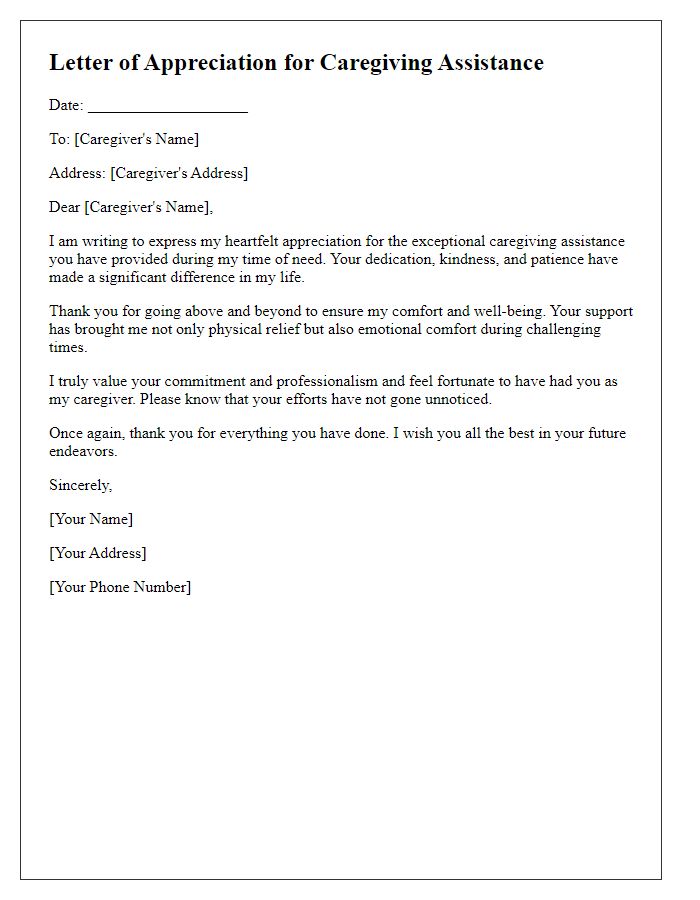
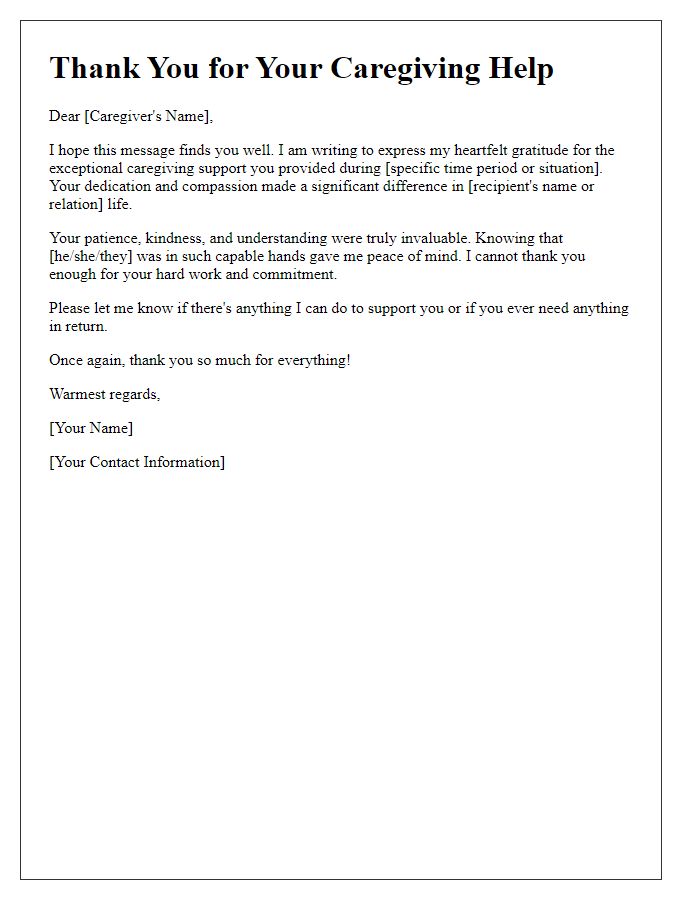
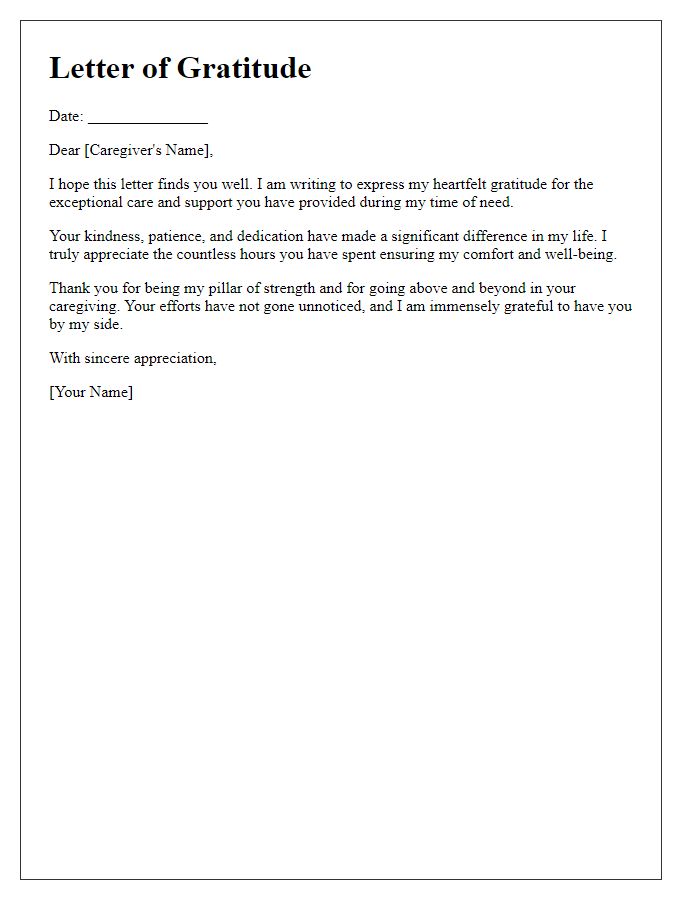
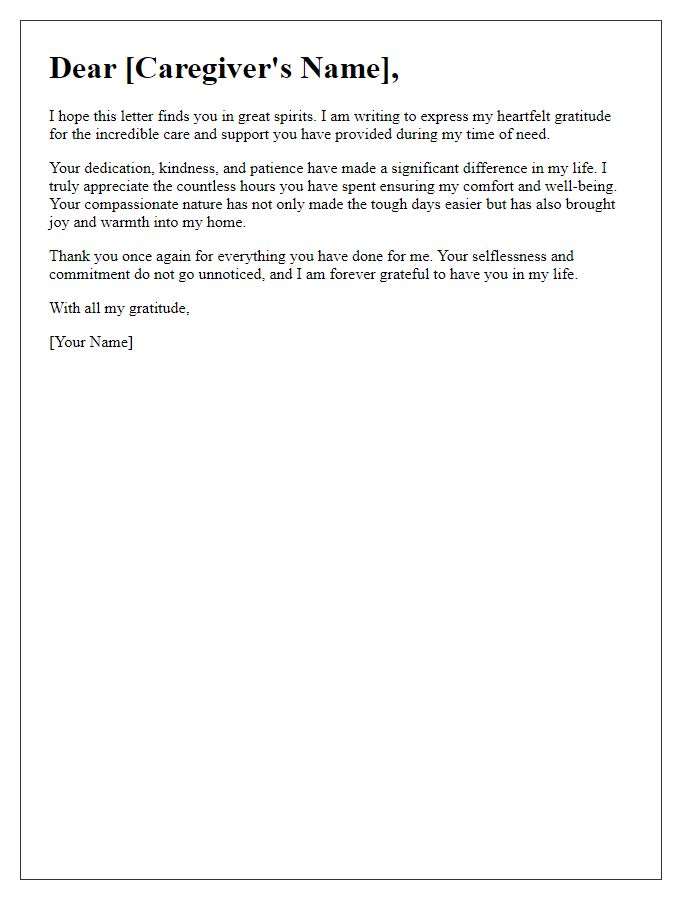
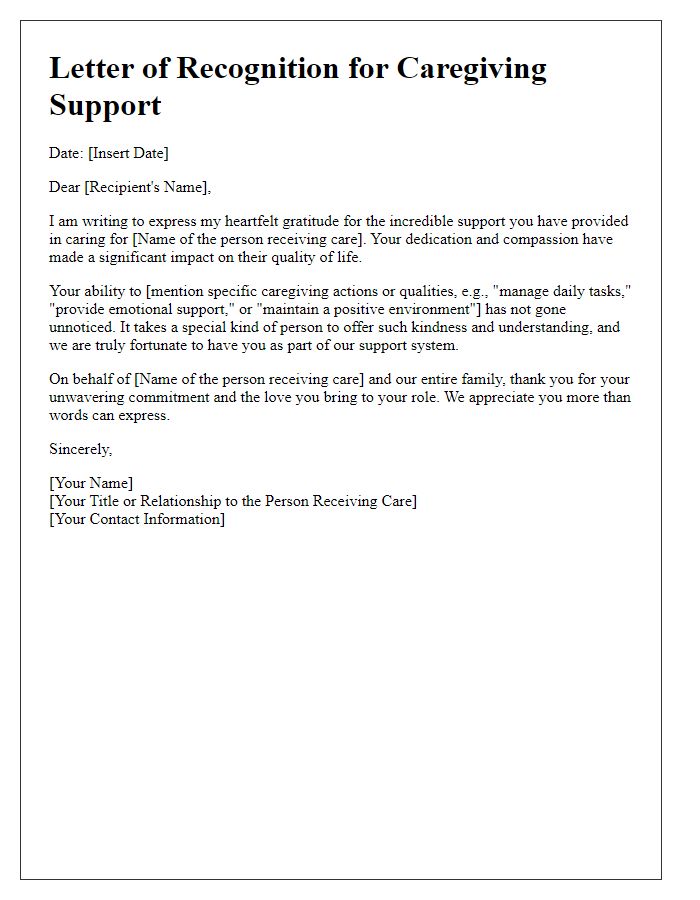
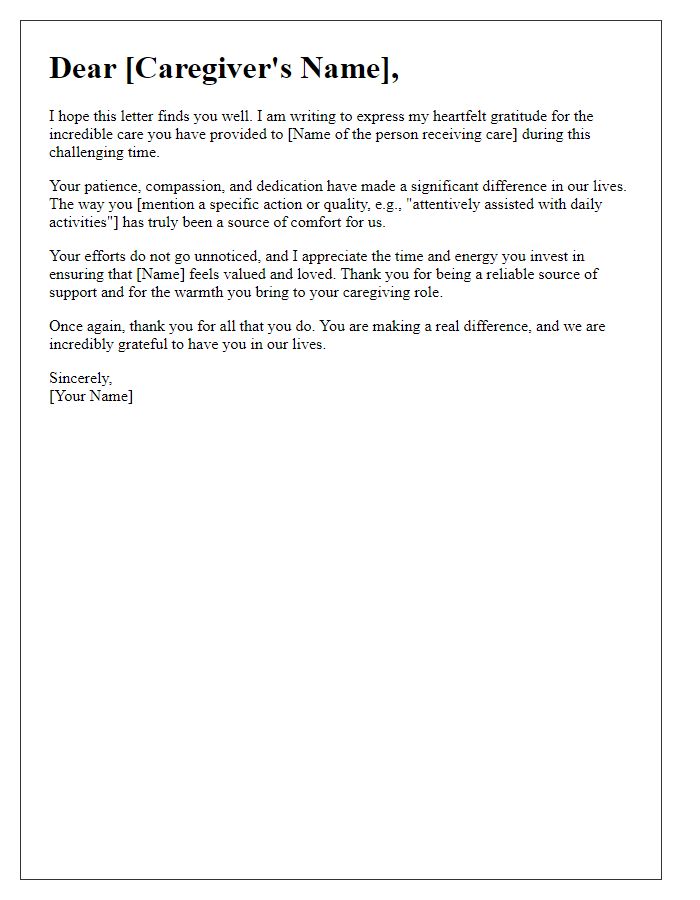
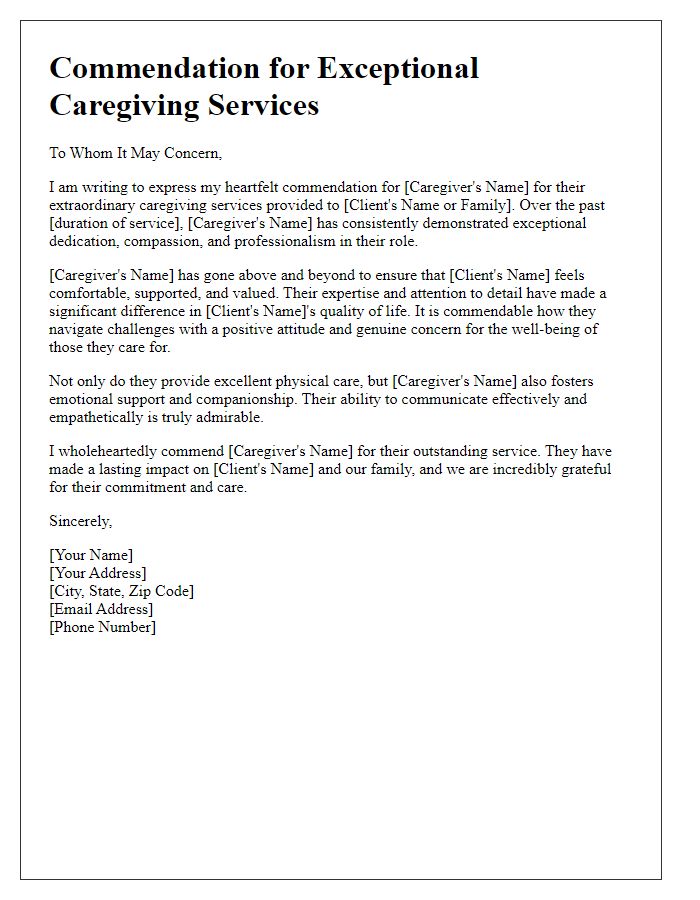
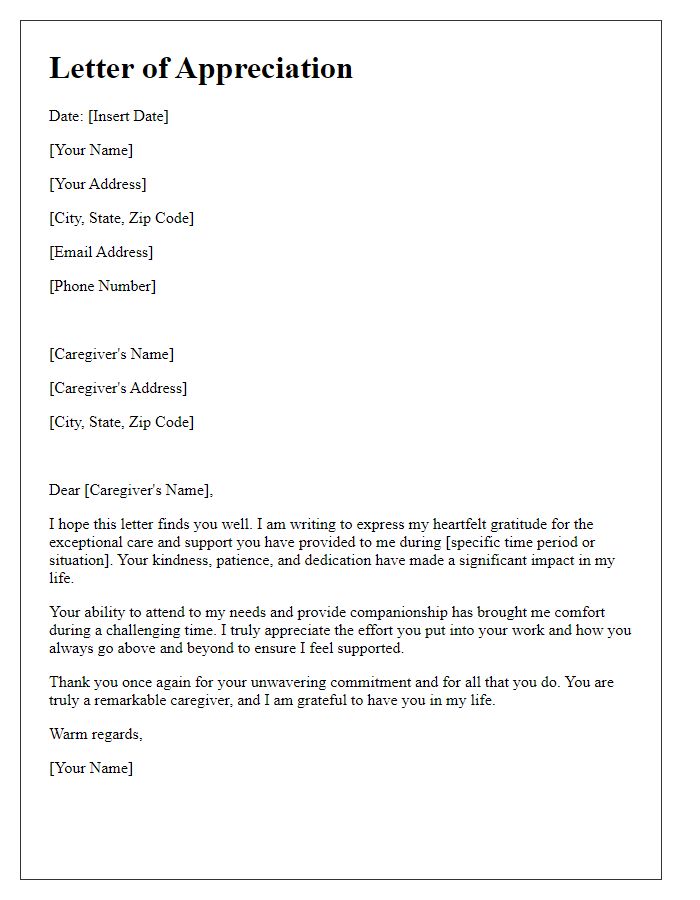
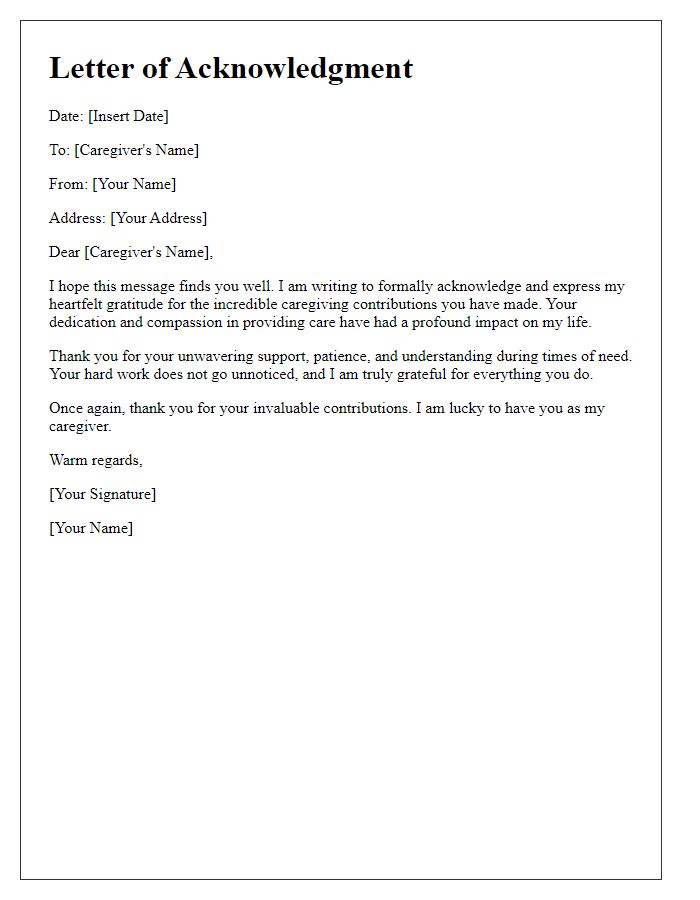
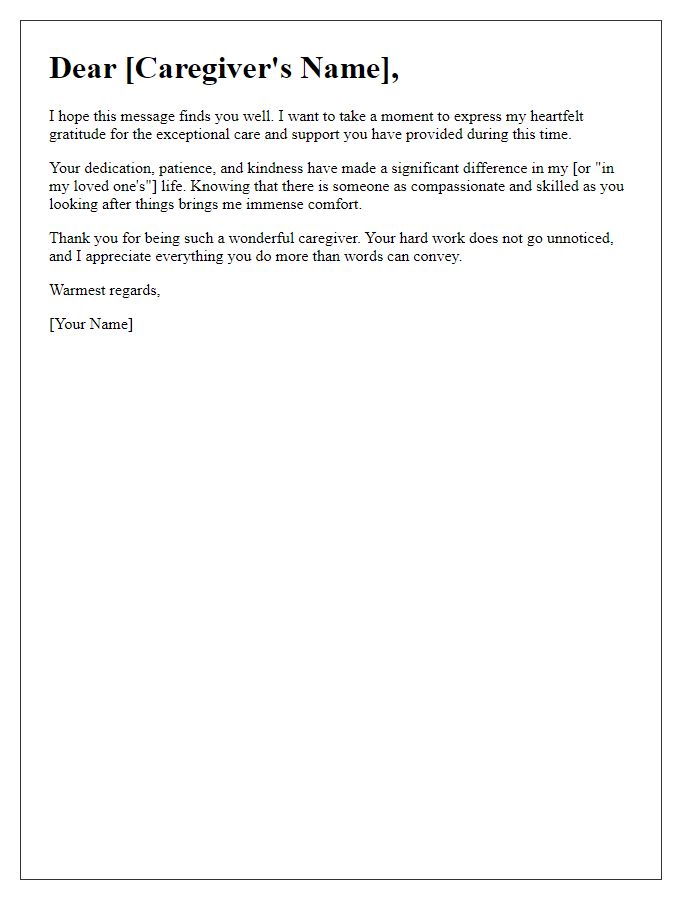

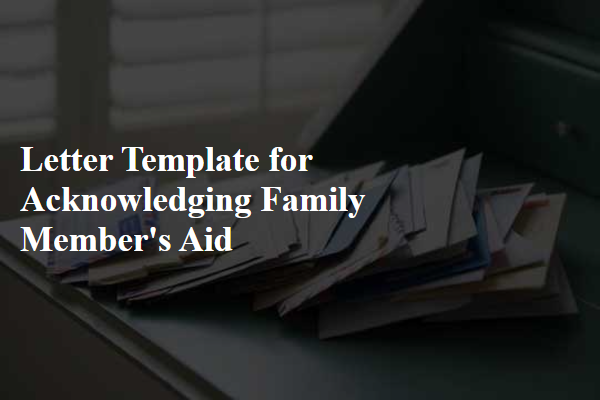
Comments